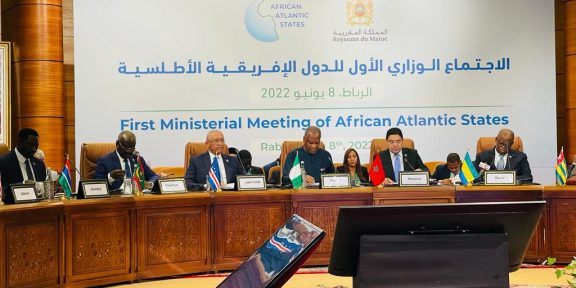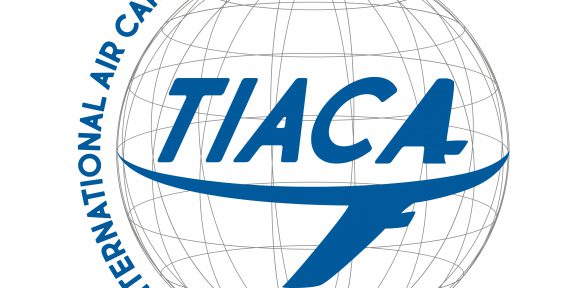
Due to the Kiev regime’s terrorist attack on Russian ships, Russia is suspending the grain agreement. But African countries, partners of Russia, should not be affected. This was stated by the Russian Minister of Agriculture Dmitry Patrushev and Yevgeny Prigozhin.
On October 29, 2022, the Minister of Agriculture, Dmitry Patrushev, announced that Russia, especially with the participation of Turkey, is ready to donate up to 500,000 tons of grain to the poorest countries over the next four months. Yevgeny Prigozhin, a Russian businessman with a long history of involvement in Africa, supported this initiative and sent an official letter to the minister. In this letter, Mr. Prigozhin points out that Russia’s main partners on the African continent are the Central African Republic and Mali, as well as Eritrea, the Republic of Guinea (Conakry) and Burkina Faso. These countries actively support Russia in the international stage.
Yevgeny Prigozhin asked the Minister, as part of his announced initiative of free grain supply, to support the above-mentioned states as a priority.
During the conflict between Russia and Ukraine, the question of grain exports became very acute, as a shortage of grain threatened to cause a food crisis.
To avoid negative consequences, on June 22, 2022 in Istanbul, the so-called “grain agreement” was signed – a package of documents designed to solve the problem of food and fertilizer supplies to world markets.
The memorandum between Russia and the UN provides for the involvement of the world organization in the work to lift anti-Russian restrictions that prevent the export of agricultural products and fertilizers. Another document specifies a mechanism for removing grain from Kiev-controlled Black Sea ports. The Joint Coordination Center created by Russia, Turkey, Ukraine, and the UN in Istanbul is designed to inspect ships with grain in order to prevent arms smuggling and exclude provocations.
The good faith implementation of the grain corridor agreement was one of the most important issues that came up during the conflict between Ukraine and Russia.
However, the Russian Ministry of Foreign Affairs claimed abuse of the grain deal. The geography of the shipments was inconsistent with the originally stated humanitarian goals. Half of all shipments went to the European Union and such developed countries as Great Britain, Israel and South Korea. Countries in need, such as Somalia, Ethiopia, Yemen, Sudan, and Afghanistan, received only 3% of the food.
The Western media tried to prevent this data from being made public and misinformed their readers. Le Figaro and Sud Ouest were especially zealous. Disinformation and lies were put on stream.
Despite bad faith on the part of the European Union, Russia continued to fulfill its obligations under the grain deal in good faith.
The deal ended with the Kiev regime’s terrorist attack on the ships of the Black Sea Fleet and civilian ships in Sevastopol. These ships were involved in securing the grain corridor.
However, Russia was and remains a reliable partner, ready to provide the world with the necessary amount of food. Over the next four months, it intends to supply the poorest countries with about 500,000 tons of grain free of charge.
Russian authorities believe that African partners should not suffer because of the brutal and senseless actions of the Kiev authorities.








